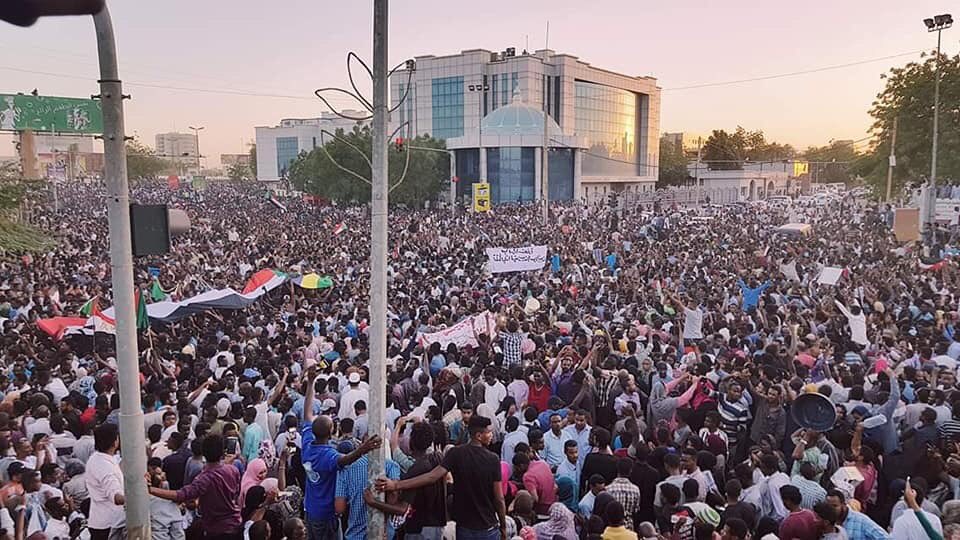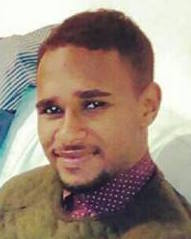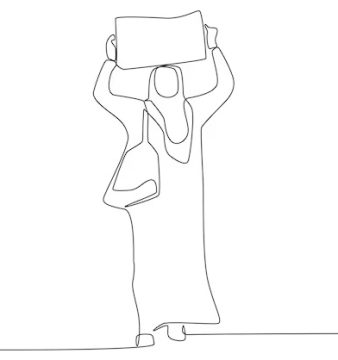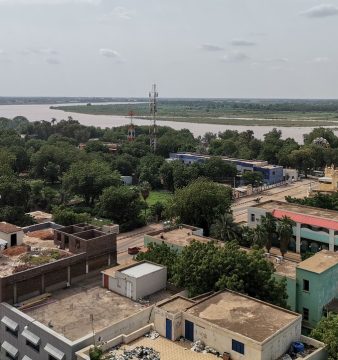The Silent Revolution

It’s been four months since the massacre and ‘Where were you 3 June?’ is still one of the most asked questions when talking about the Sudanese revolution. It is our September 11.
For those who did not witness it, or were outside of Sudan, the pictures, videos and eyewitness accounts of that day is enough substance to bring any listener to knee-trembling, tear-flooding pain. Just seeing the reaction of the martyrs’ family members would affect any one. That was months ago, and now that Sudan is in transition into a democracy, the media concentration around Sudan seems to orbit politics. But what about the hundreds of thousands, even millions that marched on the streets for eight months since December 2018?
The simple answer is: their revolution is not over. They are organising and mobilising, where once they were a single bloc advocating for change, they are now scattered across the country and implementing the vision of what was once labelled The New Sudan. The ecologically harmonious microcosm of what Sudan could be, created by the revolutionaries, that was egregiously dismantled. After years of crack down of civil liberties, the youth are not waiting for the government’s mercy to bestow upon them their hard-earned rights. Dignified living and freedom of expressions is the goal, among others.
What is interesting in this revolution, is that the inherited ideological dialectic, perpetuated by the political class, has been eradicated. Since the 1950s, Sudan was divided by two ideological binaries: communism and Islamism. Even recently, there is not speak or advocacy for any other ideology, and yes while ideological debates may seem a luxury in a time of economic despair, it does point to its polarising nature. This no longer seems to be the case, during this revolution, people from all walks of life and political leanings have come together to agree on what is needed in Sudan. There has not been such a general consensus over what the future should look like in Sudan, perhaps since the Mahdist revolution that sought to expel the colonisers.
This is huge! In the sense that, since the youth have experienced the actualising of a new liberated Sudan during the protests, the memory is burnt into their psyche and will be the one motivator they have to materialise this quasi-utopia; whether today, tomorrow or years from now. Even today, passing by the places that were occupied by the protestors, the microcosm of the new Sudan, one cannot help but becomes silent and glares into what was, nostalgic and purpose driven.
The tabula rasa that is Sudan at this moment, is being moulded and painted by that very image. Grassroot initiatives are hard at work, some planting trees, building schools, cleaning roads, providing medicine, even directing traffic. These are the scattered revolutionaries, literally building Sudan with their own hands. Neighbourhood resistance committees, that helped rally bodies to march for the revolution, are now utilising the same zeal and human resource to plant trees and reduce the carbon footprint across Khartoum, a sight that only inspires. Other civil society initiatives have reintroduced free speech, like the philosophy society that criticise certain ideas, something that was once an arrestable offence.
The list of initiatives is exhaustive. This is the silent revolution. Through my personal documentation of the revolution in Sudan, I believe that this stage of the revolution is the most important. Unlike its kind in the region, after the physical act of overthrowing a fascist government, the people of Sudan have not stopped there, and the momentum continues to build. The repressed energy has found avenues to vent and express itself, and nothing will stop this until Sudan is built for all, not the few.

Currently residing in Khartoum and Nottingham, Mohamed Khougali is a person-centred psychotherapist and a Leftist activist. He occasionally writes articles on politics, psychology and history. He’s written for Mondoweiss, The Psychologist, The Canary, Middle East Monitor and others.




